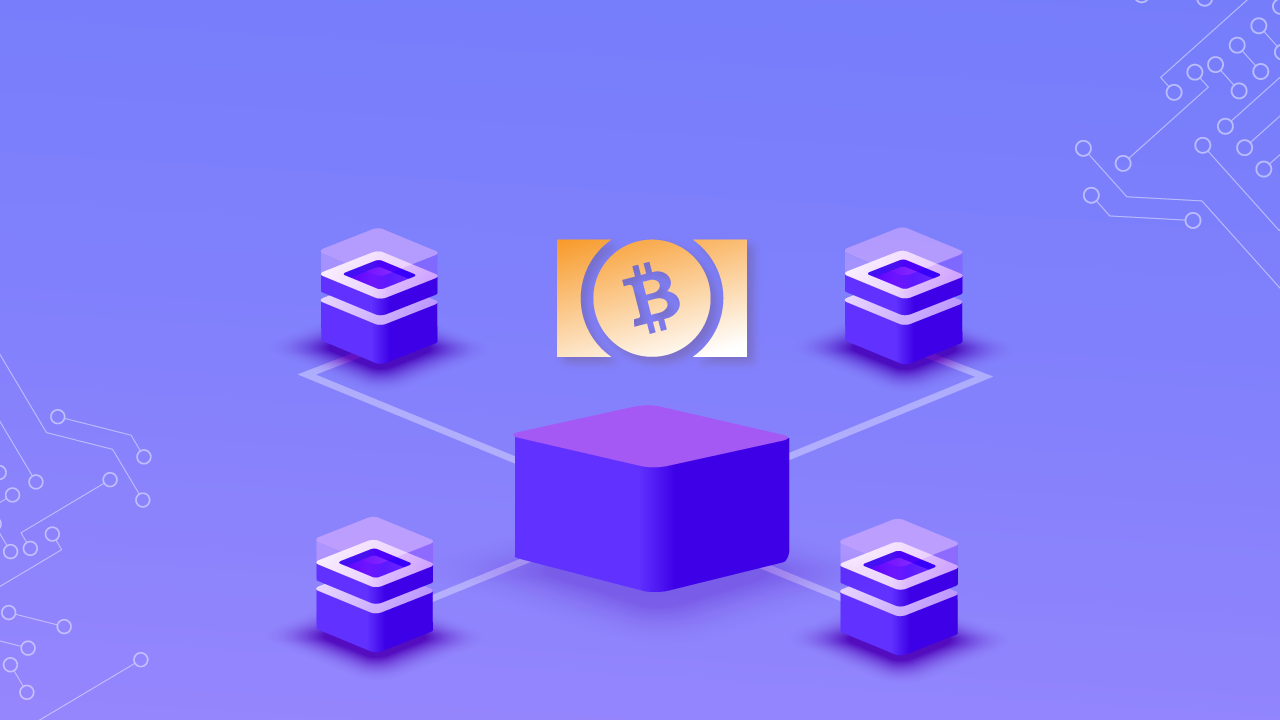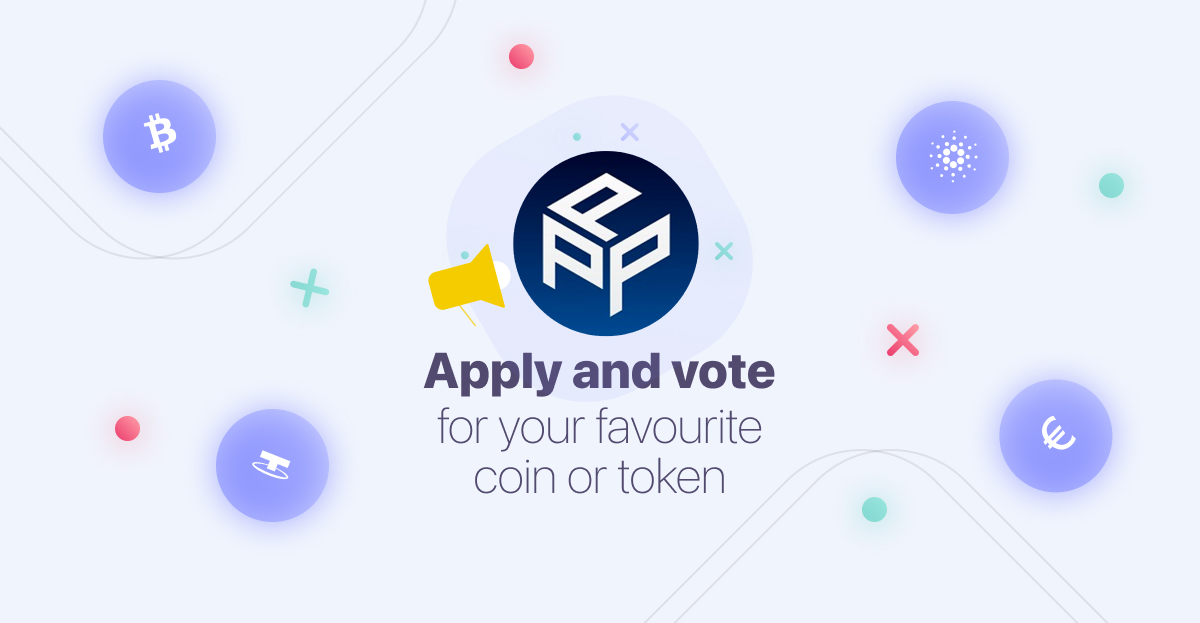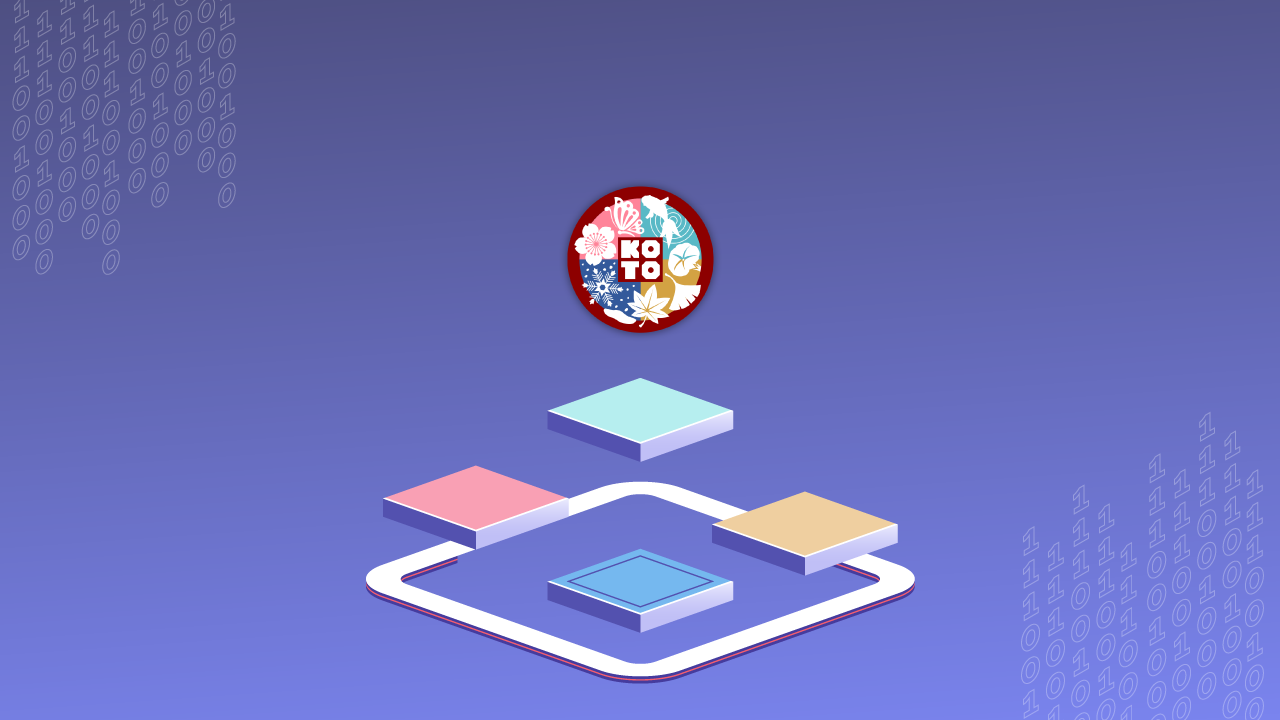
Qwerty - 5
Land Records & Asset Storage
Land transfers and demands for evidence of ownership may put a lot of paperwork and administrative work on government authorities. Governments may use blockchain to indefinitely record asset transactions such as land, property, and cars on a public ledger.
Auto-executing Contracts
Governments and people alike pay a high price for traditional legal contract implementation. Smart, self-executing contracts enabled by blockchain may, on the other hand, eliminate the need for intermediaries and possibly enhance contract formulation and execution. Only within a network, such agreements are both publicly visible and secure.
Easier Benefits Management & Transparency
Certain people and organizations, such as cyber attackers, may abuse and hack government systems that offer social benefits, such as unemployment. Although problems of privacy must be addressed appropriately, blockchain may enhance record management and offer protection. Data may be safeguarded by keeping anonymized IDs and data in employer databases while maintaining the blockchain's encrypted hash key (a digital "fingerprint").
Validation of Documents
Governments are always searching for centralized cloud-based solutions to verify their citizens' papers, and blockchain may be the answer. Governments can validate certifications, degrees, patents, and ownership, etc. Citizens' hash values may be stored on the blockchain, enabling governments to offer an authenticated and permanently time-stamped electronic version of these papers at any moment.
Why Should Governments Use Blockchain?
Here are the top three reasons why governments should make use of blockchain systems, sooner than later.
1. It will be 'cheaper.'
Government agencies need to carry out their missions while also managing limited resources wisely. Blockchain may be a lifeline for government leaders balancing budgets on a knife's edge. Blockchain technologies, when used correctly, may eliminate duplication, simplify operations, reduce audit load, improve security, and guarantee data integrity.
Consider how the federal Government's continuing problem with harmonizing intragovernmental transfers might benefit from blockchain technologies. There are billions of dollars of unreconciled monies in the federal budget at any given moment. The process of reconciling these monies is time-consuming, costly, and inconvenient for the budget. A blockchain-based payment and accounting system may offer a permanent audit trail and allow for quicker reconciliation.
2. It will be more 'trustable.'
Transparency via decentralization is a fundamental aspect of blockchain-based systems, enabling all participants to view and verify data. Some citizen services may benefit from a blockchain system that allows for independent verification of government claims. For example, Sweden, Estonia, and Georgia are experimenting with blockchain-based land registers, enabling different parties to retain copies of the registration securely. This approach may help resolve property disputes fast or prevent them entirely. When people and governments exchange records, the risk of mistrust is reduced.
3. It will be more 'transparent.'
Governments are vulnerable to cyberattacks because they are the default record keeper for society. Rather than accepting such assaults as a cost of conducting business in the information age, they might be reduced or avoided using blockchain data structures responsibly. Such data architectures strengthen network security by lowering the danger of a single point of failure, and they may make initiating a breach prohibitively tricky.

